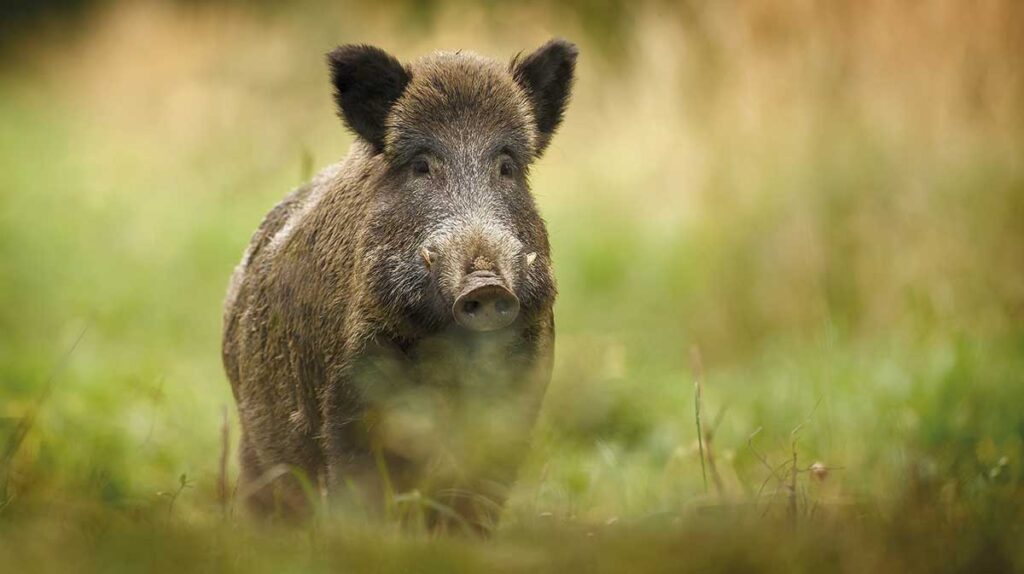In a potentially massive blow for the EU pig sector, Spain, the EU’s biggest pork producer and exporter, has detected its first cases of African swine fever since 1994.
The positive cases were detected in two wild boars found dead on November 26, approximately 1 km apart, near the campus of the Autonomous University of Barcelona, and reported by the official veterinary services of Catalonia, Spain’s agriculture ministry said. The positive results were confirmed by the Central Veterinary Laboratory of Algete, in Madrid.
The ministry has notified the EU and the World Organisation for Animal Health (WOAH) of the outbreak and activated emergency measures in the affected area. It is urging the sector to ‘implement all necessary biosecurity and surveillance measures on pig and wild boar farms, as well as during animal transport’.
It is also reiterating the obligation to report any suspected cases to the official health services, whether in wild boar or on pig farms throughout the country. An investigation into the source of the infection is underway.
The authorities’ response includes ‘actively searching for and officially supervised removal of wild boar carcasses, prohibiting hunting in the area to prevent the movement of wild boar into disease-free zones, restricting non-essential activities, reinforcing passive surveillance and biosecurity measures on pig farms, and conducting official visits to these farms, among other measures’.
Huge implications
The outbreak could have huge implications for the EU pork market, coming at a time when prices across the EU and particularly Spain have been falling steadily for months. Pig prices in Spain have fallen by 30% since July on the back of higher supplies and weak export demand.
While Spain has a regionalisation agreement with China, the development will have a huge further impact on its export trade, potentially leaving a surplus of pigs on the EU market, which will put downward pressure on prices. This, in turn, could expose the UK market to more cheaper imports.
Industry analyst Mick Sloyan said the outbreak was ‘potentially devastating’. “This will stop Spain’s exports outside the EU until it can put its regionalisation arrangements in place, particularly with China. Much also depends on how quickly it can establish regionalisation within the EU,” he said.
NPA chief executive Lizzie Wilson urged Defra to ensure no potentially-infected products from Spain enter the UK and to finally deliver the resources needed to monitor and seize illegal imports at key UK points of entry, such as Dover.
ASF currently affects wild boar populations and, in some cases, domestic pig farms in a total of 13 EU countries – Italy, Germany, Poland, Estonia, Latvia, Lithuania, Slovakia, Czech Republic, Hungary, Greece, Romania, Bulgaria, and Croatia.
Since the disease entered the EU, Belgium, Sweden and the Czech Republic eradicated it after applying strict control and surveillance measures in wild boar populations, following long-distance jumps.




